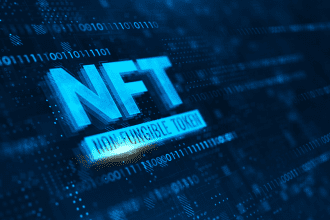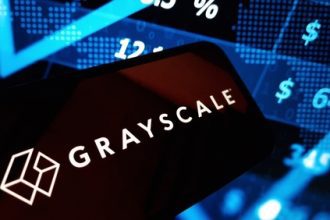End insider trading in Washington restore trust and fairness now!
Insider trading is when someone buys or sells a stock while in possession of material, nonpublic information that is news not yet available to the public but consequential enough to affect an investor’s decision. It is illegal under securities law in the United States specifically, Section 10(b) of the 1934 Act to “use any ‘scheme to defraud”’ in trading securities.
The STOCK Act of 2012 explicitly applies the prohibition to Congress, its staff and federal employees and makes clear that such persons are subject to a duty of trust with respect to nonpublic information they receive in connection with their official duties.
They also must make certain stock transactions public.But even this codified doctrine is called into question by critics who argue that the enforcement proves haphazard, loopholes remain and access to disclosures is still too weak. Lawmakers and officials often receive sensitive information about up-and-coming legislation or regulatory moves you know, the kind of nuggets that could unfairly benefit them or their families in the market.
Insider trading is hard to prove, partly because it depends on deciding what can be deemed “material,” and demonstrating that trades were made based on such information. This has prompted continued calls for reform, including plans to outlaw stock trading by lawmakers entirely.
Takeaway: Government employees that buy or sell stock using non-public information may violate both standard insider trading law and the STOCK Act. The aim is to keep there an honest market where public servants won’t be able to profit from information that ordinary investors are not privy to.






















